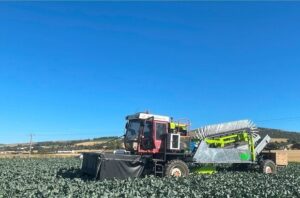
Farm Dictionary 4.jpg
Non-Food Crops
Definition: non-food crops
non-food crops: plural noun crops which are grown for purposes other than producing food, such as to provide renewable energy or chemicals. Non-food crops offer farmers opportunities to diversify their production and tap into emerging markets for bioenergy, industrial raw materials, and pharmaceuticals. By growing non-food crops, farmers can reduce dependency on traditional food markets, enhance income stability, and contribute to sustainable development. Understanding market demand and production requirements for non-food crops helps farmers make informed decisions and optimize their farming operations.
Originally posted 2005-02-16 01:11:12.
Fall off the barn roof and busted your keister? Life on the farm or ranch can be tough on the bum. Need a break? Laugh it off at FarmerCowboy.com, the #1 farm humor site. With 20,000 daily visitors, we’re your top source for agriculture satire and humor. Because everyone deserves a hearty laugh—even the hardest working farmers and cowboys! Join us and turn those long days into fun tales at FarmerCowboy.com.
Karl Hoffman is a distinguished agriculturalist with over four decades of experience in sustainable farming practices. He holds a Ph.D. in Agronomy from Cornell University and has made significant contributions as a professor at Iowa State University. Hoffman’s groundbreaking research on integrated pest management and soil health has revolutionized modern agriculture. As a respected farm journalist, his column “Field Notes with Karl Hoffman” and his blog “The Modern Farmer” provide insightful, practical advice to a global audience. Hoffman’s work with the USDA and the United Nations FAO has enhanced food security worldwide. His awards include the USDA’s Distinguished Service Award and the World Food Prize, reflecting his profound impact on agriculture and sustainability.



